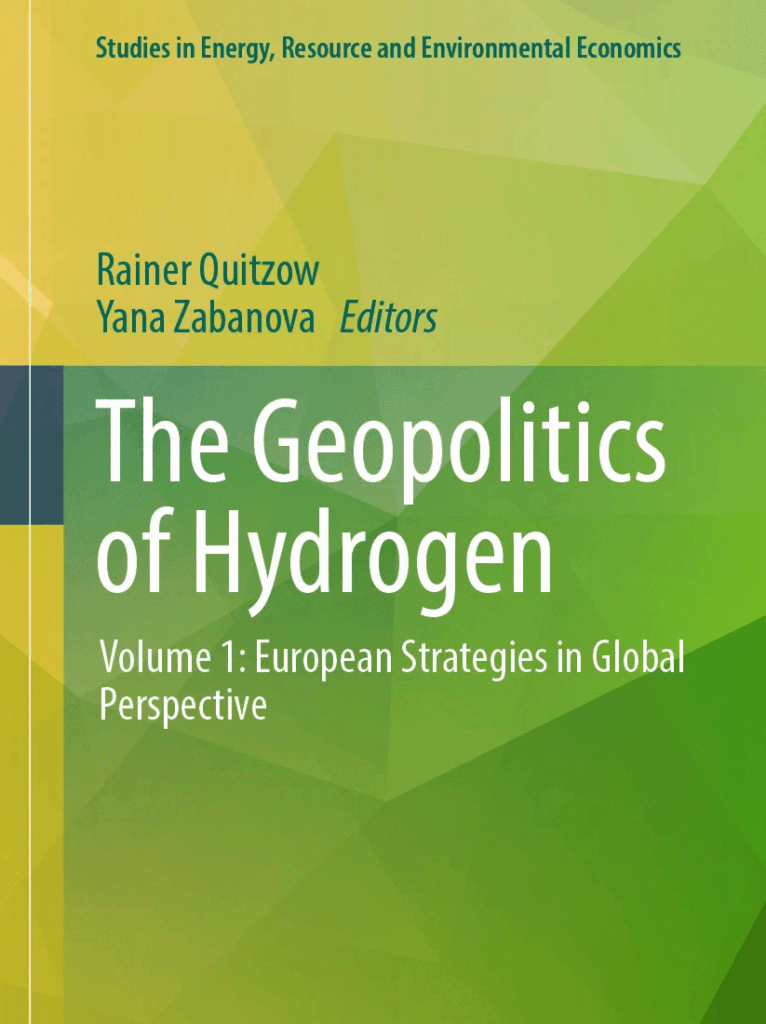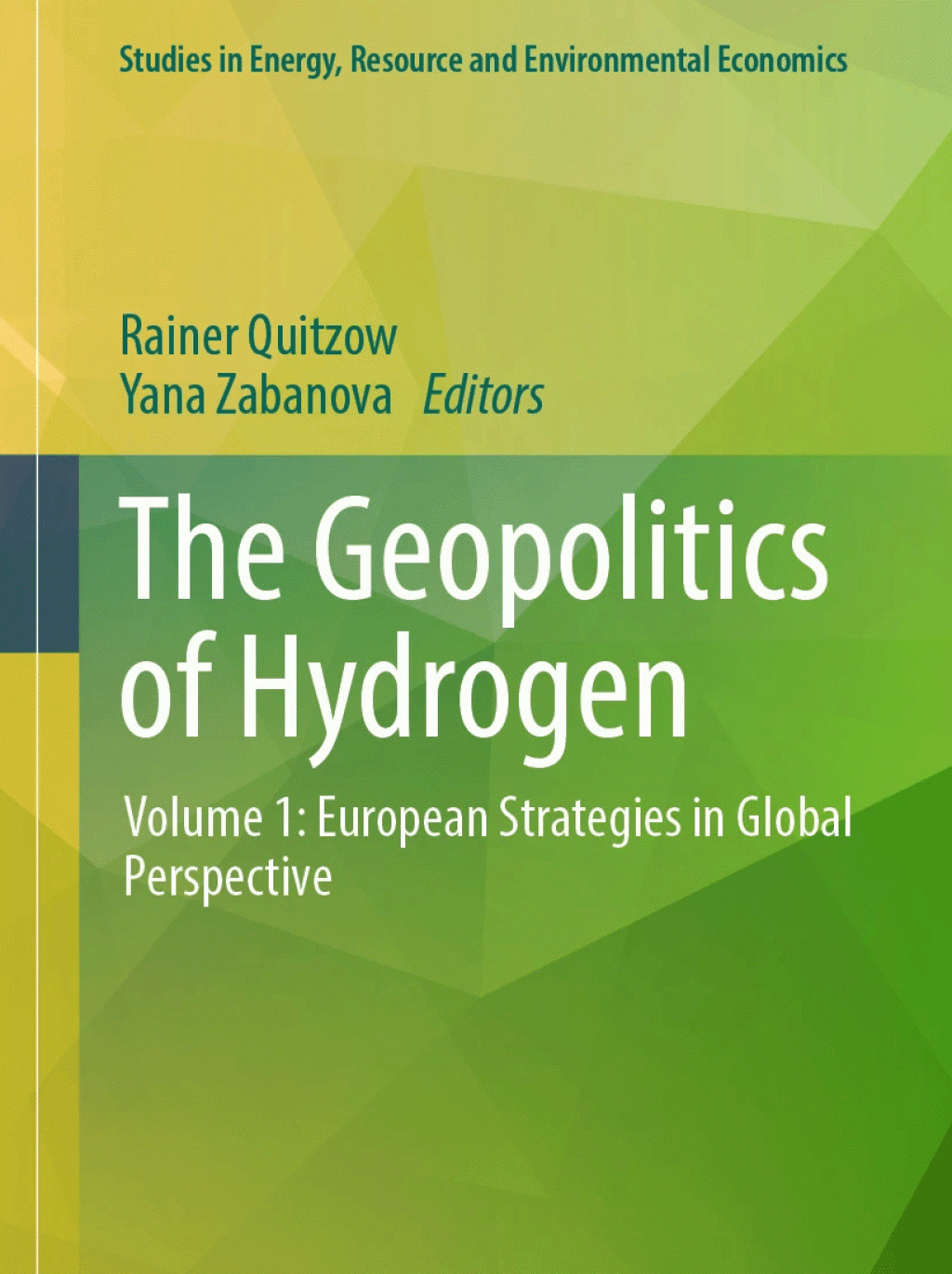Hydrogen Affairs in Hungary’s Politically Confined Ambition
Author: John Szabo
In: Quitzow, R., Zabanova, Y. (eds) The Geopolitics of Hydrogen. Studies in Energy, Resource and Environmental Economics. Springer, Cham.
DOI: 10.1007/978-3-031-59515-8_6
Abstract
Hydrogen is a much-discussed facet of Hungary’s energy transition that has seen little progress in practice but offers an important tool to extend the government’s foreign and energy policy. Policy-making in Hungary is highly centralised and government ambitions have prioritised the continued role of nuclear power, natural gas, and solar photovoltaics. These closely trace foreign policy priorities are well, given that the former two entrench relations with Russia and the latter enhances energy autonomy and allows the country to meet EU climate targets. A hydrogen economy supports such ambitions, while the government has also welcomed EU funds and foreign investment into novel (green) technologies that increase the value added in the economy. Domestic demand offers a secondary, but nonetheless important, push for the uptake of hydrogen, as it is envisioned to play a role in industry and transportation. Hungary’s case shows how pre-existing political economic confines shape the uptake of hydrogen, as governments and other key actors take action while disrupting pre-existing practices to the least extent possible.




